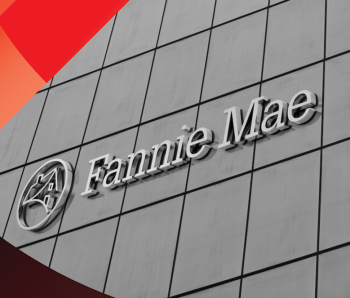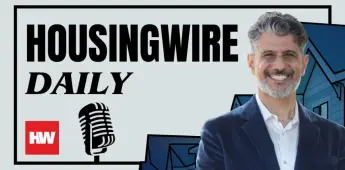Fannie Mae
The Federal National Mortgage Association, or as it’s more commonly known as, Fannie Mae, has a history that dates back to the Great Depression in the 1930s. Established by the U.S. Congress in 1938, the enterprise was born out of a need for more financial security in the housing market after the Great Depression resulted in a surge of foreclosures. The National Housing Act of 1934, which established the Federal Housing Administration (“FHA”) and the Federal Savings and Loan Insurance Corporation, was amended in 1938 to not only create Fannie Mae but also Fannie’s counterpart, the Federal Home Loan Mortgage Corporation, better known as Freddie Mac.
Fast forward to 2008 and the two enterprises were forced into the spotlight again during the Great Recession. Between an increasing number of people getting mortgages with little to no credit, a fast-growing supply of vacant homes on the market from borrowers going into default and many other factors that collided together, America’s economy was in trouble and Fannie Mae and Freddie Mac were at the center of it. In the aftermath of this, the United States government stepped in and put the enterprises under conservatorship, which is how they still operate today, acting now as government-sponsored enterprises.
In today’s market, Fannie Mae buys and guarantees mortgages, working with lenders in the secondary market, meaning they don’t actually originate or service the mortgages. Overseen by the Federal Housing Finance Agency, which was created in 2008 to supervise the two enterprises, Fannie Mae now operates to ensure the availability of affordable mortgage loans and maintain the 30-year, fixed-rate mortgage.
While talks heightened under the Trump Administration to remove both GSEs from conservatorship, the Biden Administration has shown no interest in continuing down that road. Instead, the current acting director, Sandra Thompson, is focused on achieving greater affordability in the housing market, expanding access to credit in underserved communities, fair lending and safety and soundness in the housing space.
Latest Posts
Fannie Mae lowers 2023 single-family originations forecast to $1.59 trillion
Jun 26, 2023Fannie Mae forecasters now predict $1.90 trillion in single-family mortgage volume in 2024, a decline from the previous forecast of $2.03 trillion.
-
CrossCountry offers buyers up to $4K in down payment assistance
Jun 23, 2023 -
FHFA bi-merge credit transition challenges are ‘immense,’ housing orgs say
Jun 22, 2023 -
FHFA housing, condo co-op lending guidelines need improvement: Trade groups
Jun 22, 2023 -
FHFA sounds the alarm over GSEs’ ability to absorb losses
Jun 21, 2023 -
Opinion: Ginnie Mae cash window would help lenders, borrowers
Jun 14, 2023 -
Chopra addresses upcoming decision on CFPB constitutionality
Jun 14, 2023 -
Fannie Mae re-releases 2022 DFAST after errors found in model
Jun 12, 2023 -
The AOL debate rages on
Jun 08, 2023 -
Opinion: Release the GSEs from conservatorship
Jun 07, 2023 -
M&T RCC’s Christine Chandler nominated as MBA vice chair for 2024
Jun 07, 2023









